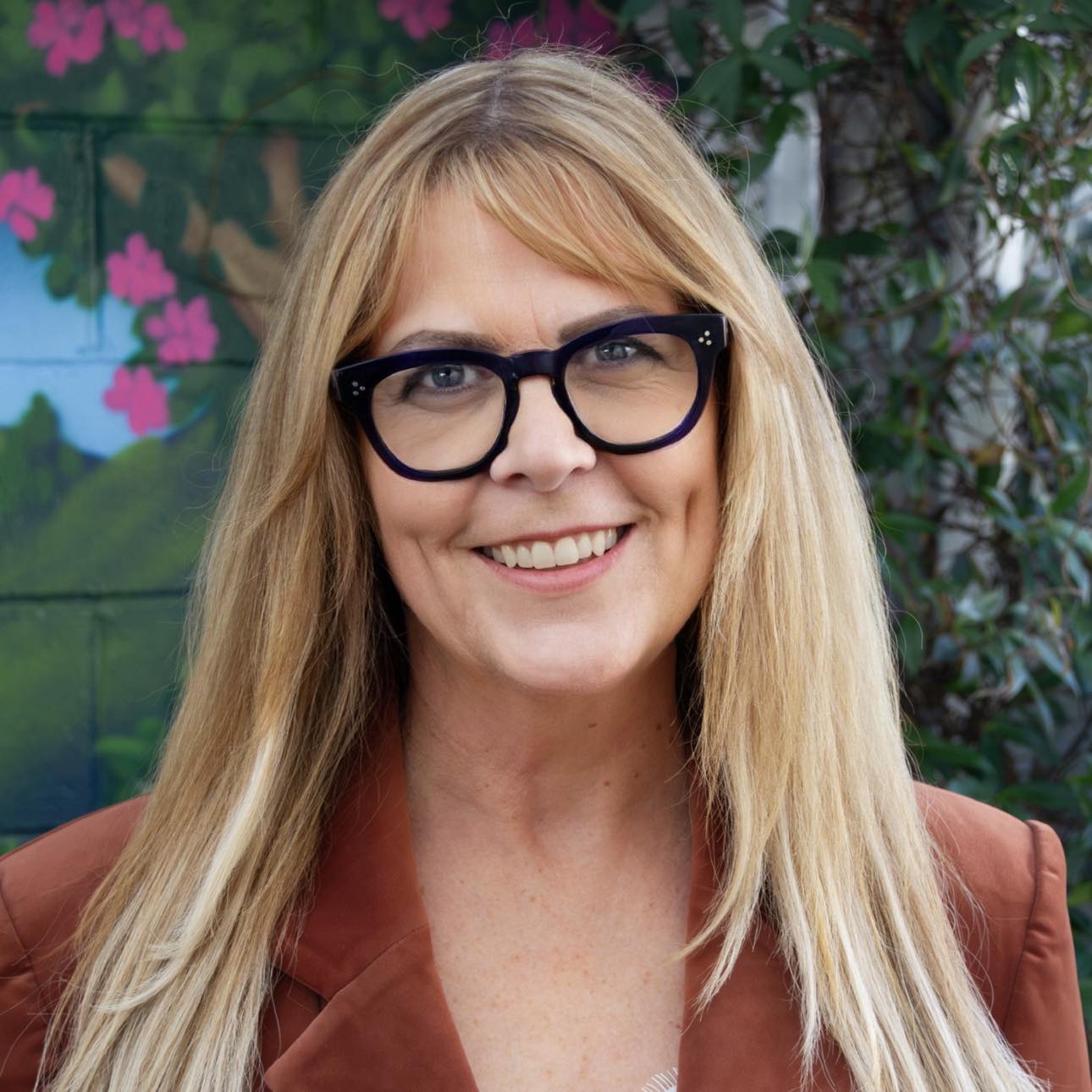
Meeting Topic
The Hidden Superpower of Delegation by Glenda Lewis
Maybe you’re thinking, “Delegation? That’s for people with big teams or fancy titles. I can handle this myself!” Let’s challenge that thought for a moment. Whether you’re running a small organization or leading a large corporation, delegation isn’t just important—it’s a game changer. In fact, the smaller your team, the more critical delegation becomes to maximize efficiency and growth.
Delegation transforms a “do-it-all” leader into an empowering one. It’s not about avoiding responsibility but about sharing it in a way that benefits everyone. In fact in doing things all yourself, or finishing off tasks that you previously delegated, takes learning opportunities away from your team! Who wants to be a diminishing leader? No thanks!
Why Is Delegation Important?
- Reduced Workload: Say goodbye to burnout and hello to working smarter, not harder.
- Improved Retention: Delegation gives your team learning opportunities and chances to show their superpowers. This shows you trust them and can help people to stay longer.
- Time Mastery: With fewer tasks on your plate, you can focus on higher value work. On average we spend 8 hours a week on things we could delegate. How much faster would your business grow if you spent those 8 hours on strategy?
Delegation also benefits your team – it allows team members to step up, tackle new projects they are passionate about, and allow you to help their career development.
Mastering the Art of Delegation
So, are you ready to sprinkle some of that “delegation gold dust” over your business? Here’s how:
- Prepare
- The aim of delegation is to set them up for success, not to delegate something as quick as possible. Ensure you are very clear on what you are delegating, what you want the end result to look like, and whether you are delegating a process, or just one task.
- Define
- Give them background, tell them clearly what this task done ‘successfully’ looks like (including showing them examples), and approximately how long you are expecting the task to take.
- Deadlines
- Give them a firm deadline and explain why it’s important.
- Clarify Authority
- Be explicit about the authority they have and don’t. Do they have authority to talk to the customer? Spend money?
- Checkpoints
- Schedule 1-3 progress updates to ensure you know things are on track.
- Repeat Back
- At the end of the conversation allocate 5-10 mins and ask, “What’s your understanding of what I’ve asked?” This ensures clarity and alignment.
Pro Tips for More Effective Delegation
- Start Small: Start with less critical tasks to build confidence.
- Match Skills to Tasks: Assign tasks that leverage team members’ strengths.
- Encourage Ownership: Empower your team to take responsibility and find solutions independently. Never take a delegated task back!
- Record the session: If you are delegating over video record it and send it as a reference in case they have questions.
The Long-Term Payoff
The next time you’re tempted to shoulder everything yourself, remember delegation isn’t just about freeing your time—it’s about empowering your team and setting your business up for long-term success.
And ask yourself…”If you don’t delegate this task, what learning opportunity are you taking away from your team?”
It’s time to embrace the power of delegation and watch your business soar!
Glenda Lewis is a Leadership CFO – a financial geek who specialises in driving performance and financial management through people and finances. To find out more book a discovery call with Glenda –https://calendly.com/glendalewis/30min
Next Meeting Topic
Personal Accountability by Carolyn Banks
Personal accountability – the definition of accountability is taking or being assigned responsibility for something that you have done or something you are supposed to do. Taking responsibility means “Stepping up”, whether it is changing your business or changing the world—it starts with you. When you’re personally accountable, you take ownership of what happens because of your choices and actions. You don’t blame others or make excuses, and you do what you can to make amends when things go wrong.
How much of your success would you say is up to you—your choices, your actions, your behaviours— versus outside conditions? If your mind-set is that you’re at least 85% responsible for your success—and that just 15% depends on the way the wind blows—you’ll likely be successful. If you blame your problems and failure on other people, circumstances beyond your control, or just plain bad luck, you may be doomed to fail. The good news? Accountability is not just a mind-set—it’s also a skill- set that you can learn.
Take responsibility for your mindset. Responsibility is not something you do—it’s a way of thinking and being. You own your commitment to a result before the fact, before you even act. Be responsible “either way”. Next time you take on a project, be 100% responsible for the outcome. Not a little. Own it 100% —good or bad. You can be 100% responsible. Most of us don’t realize—or at least don’t admit—that we alone have the power to manage our lives and businesses. Sure, you can give that power away, but it doesn’t happen without your permission.
Empower yourself – there is only one kind of empowerment, and that is self-empowerment. Empowerment comes from within. By empowering yourself, you take the actions—and the risks—to achieve a result and get what you want, you step outside your comfort zone, make things happen, and answer for the outcomes.
The most direct route to self-empowerment is to be clear about expectations—not only what you expect, but also what’s expected of you. To do that, ask questions, make agreements, and clarify everything in writing. Otherwise, you risk suffering a key source of all upset: missed expectations.
Be honest – everybody messes up sometimes. Lying about it or trying to cover it up always makes it worse—no exceptions. Don’t tell untruths. Nobody believes them anyway—not even you!
Are you accountable for your actions even if nobody holds you accountable—or catches you? Be your own “accountability cop” and police yourself. On the long and winding road of life, choose accountability at every turn.
Choose accountability and own your success in your business and in life.
Look to yourself – and try asking the following questions:
- What’s the problem?
- What am I doing, or not doing to contribute to the problem?
- What will I do to resolve the problem?
- How will I be accountable for the result?





